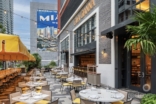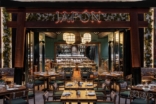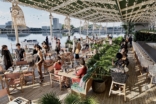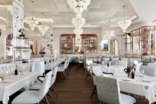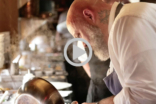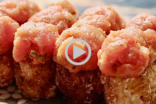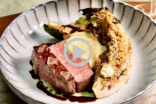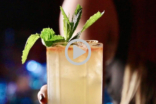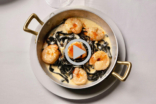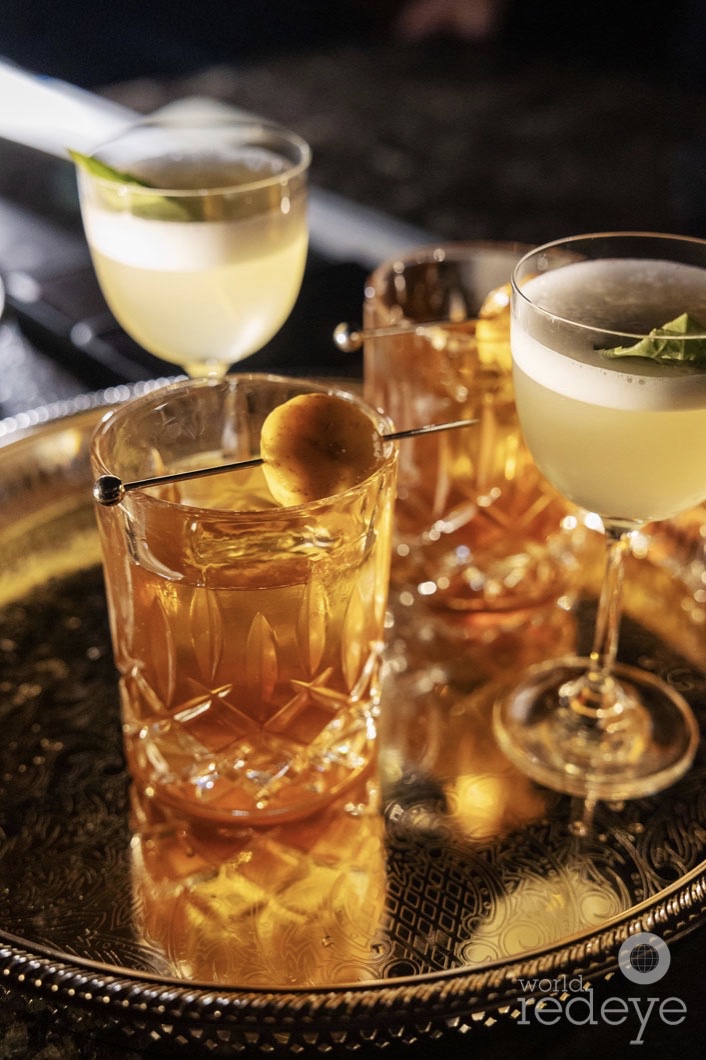Q&A: Food with a View – Watr at the 1 Hotel South Beach Rooftop Featuring Ross Jansen
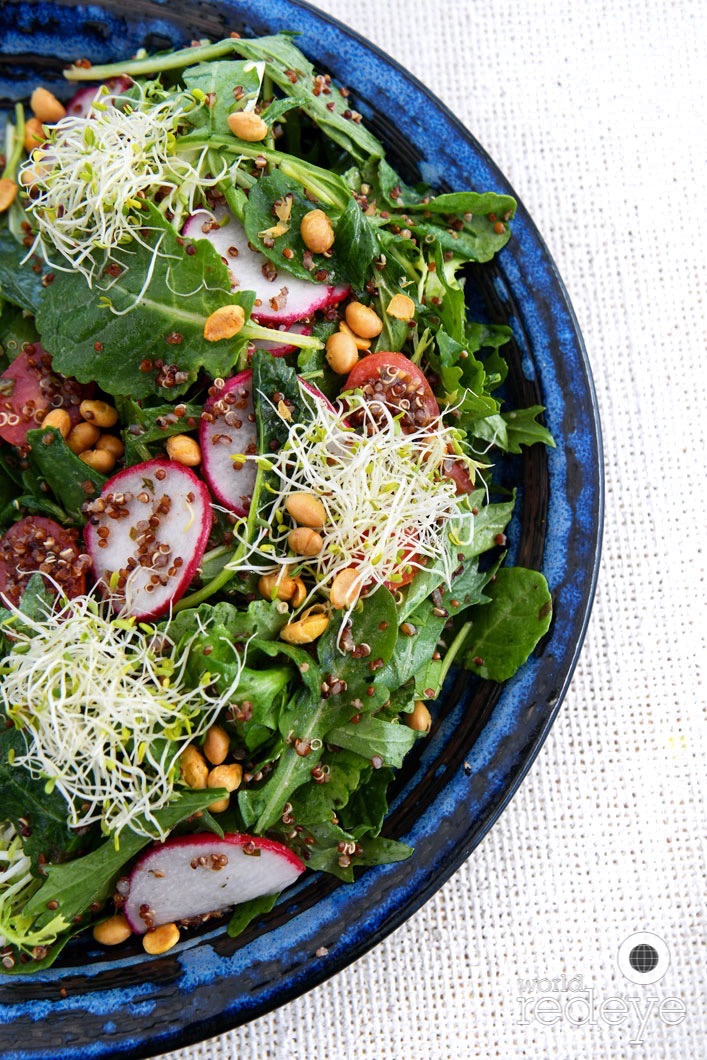
Organic Green Salad – Sun Fresh Farm Greens, Quinoa, Cherry Tomatoes, Radish, Alfalfa Sprouts, Soy Nuts, & Key Lime Dressing
Miami Beach, FL – October 4, 2018 – World Red Eye sat down with South Florida native, Chef Ross Jansen of Watr At The 1 Hotel Rooftop to get a closer look at the Peruvian and Japanese fusion restaurant. Jansen, began his culinary journey at the young age of sixteen. He built his culinary foundation working in a number of five-star alliance, historic landmarks, and reputable establishments. Jansen graduated from Johnson and Wales University with an Associate’s degree in Culinary Arts. He was a culinary instructor at The Biltmore Hotel’s own Culinary Academy, the only recreational cooking school in North America, where he developed team building exercises and hosted private cooking classes. In 2017, Ross was nominated ‘Chef Manager of the Year’ by the Greater Miami Beach Hotel Association. A year later, he brought with him a wealth of knowledge and experience to the 1 Hotel & Homes South Beach as Chef de Cuisine of Watr, the hotel’s signature rooftop venue located 18 stories in the sky.
The food and beverage offerings are inspired by Peruvian and Japanese fusion, with a vast selection of seafood focusing on local, seasonal, and sustainable ingredients. Inspired by the oceans that surround us and give us life, Watr’s concept centers in offering vast seafood selections that are prepared using techniques and flavor profiles from the food-driven regions of South America and Asia. When staying at the hotel, you can lounge by the pool and enjoy full menu service while relaxing in the sun. The 1 Rooftop is an adults only area for the ages of 21 and over. World Red Eye invites you to take a peak at the menu – read our full Q&A with Chef Ross Jansen.
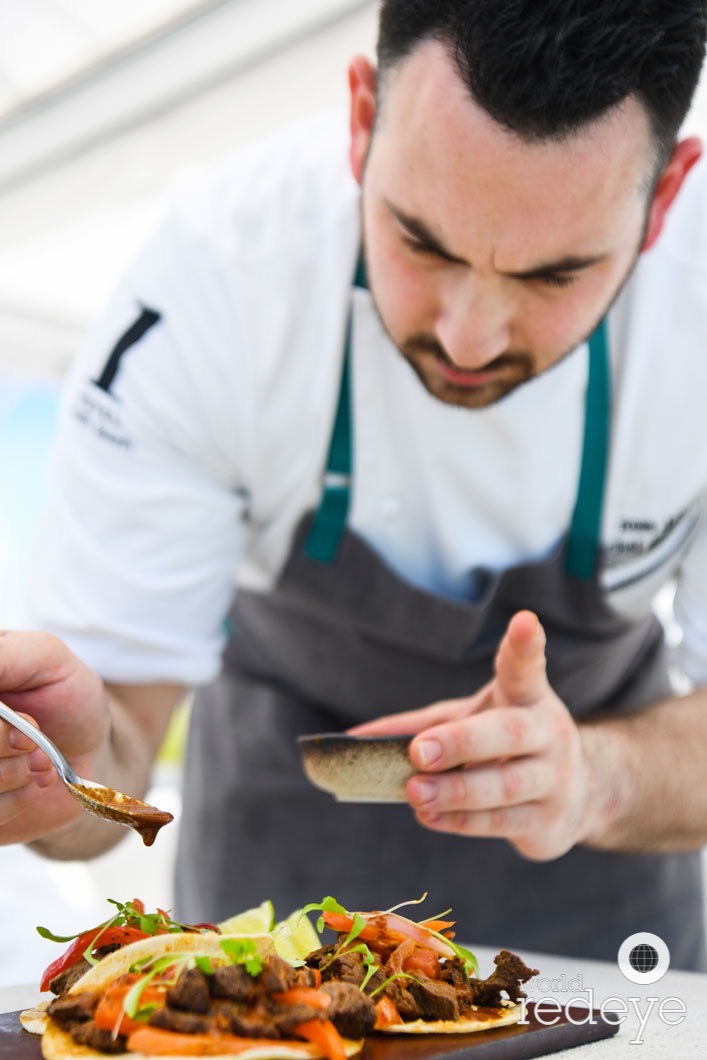
Ross Jansen with Steak Saltado Tacos – Tomato, Red Onion, Aji Amarillo, Cilantro, & Corn Tortilla
WRE: Who is your culinary icon?
RJ: Eric Ripert. I admire Chef Ripert, not only for his culinary achievements, but for the positive culture he brings into the kitchen. He is humble, respectful, loyal, and thoughtful. His values inspire his team, creating an emotional and memorable experience through each dish.
WRE:What sparked your interest in the culinary arts?
RJ: When I was a teenager, I started working in an Italian restaurant with an open kitchen. It was here that I witnessed firsthand the joy that food brought to people. I loved the excitement of interacting and cooking for the guest; seeing their facial expressions as they enjoyed the food was a humbling feeling. Guests would come back to the restaurant, and request a seat in front of my station at the open bar. This is when it clicked, that moment you realize, “I love what I do”.
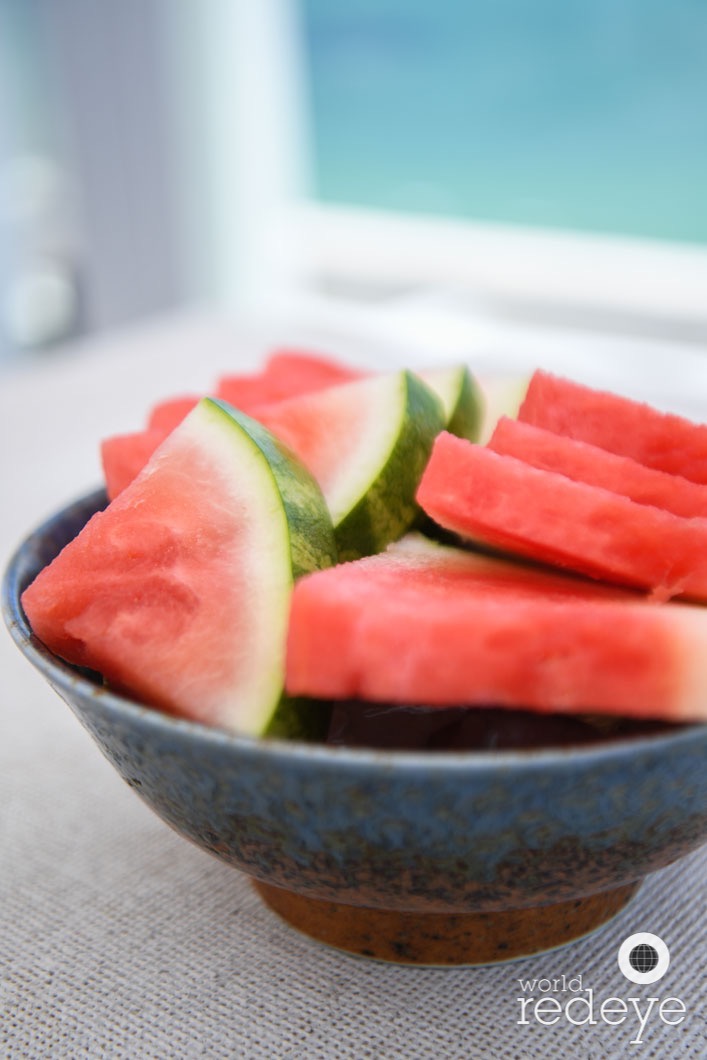
Watermelon
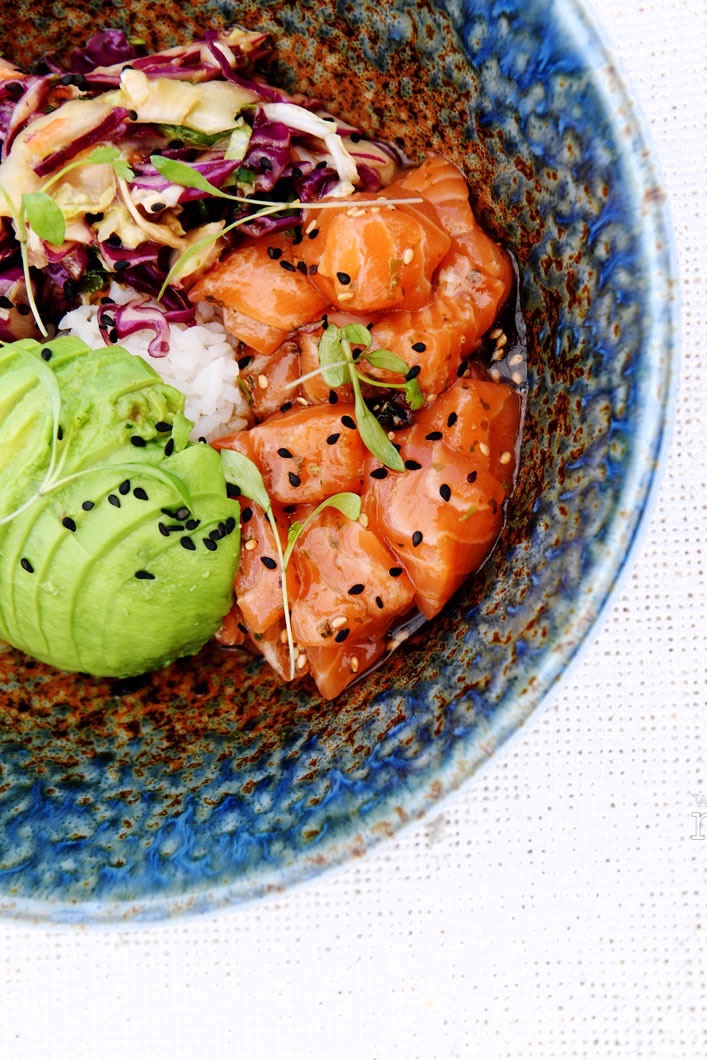
Wild King Salmon – Poke, Sushi Rice, Avocado, Asian Slaw, & Furikake
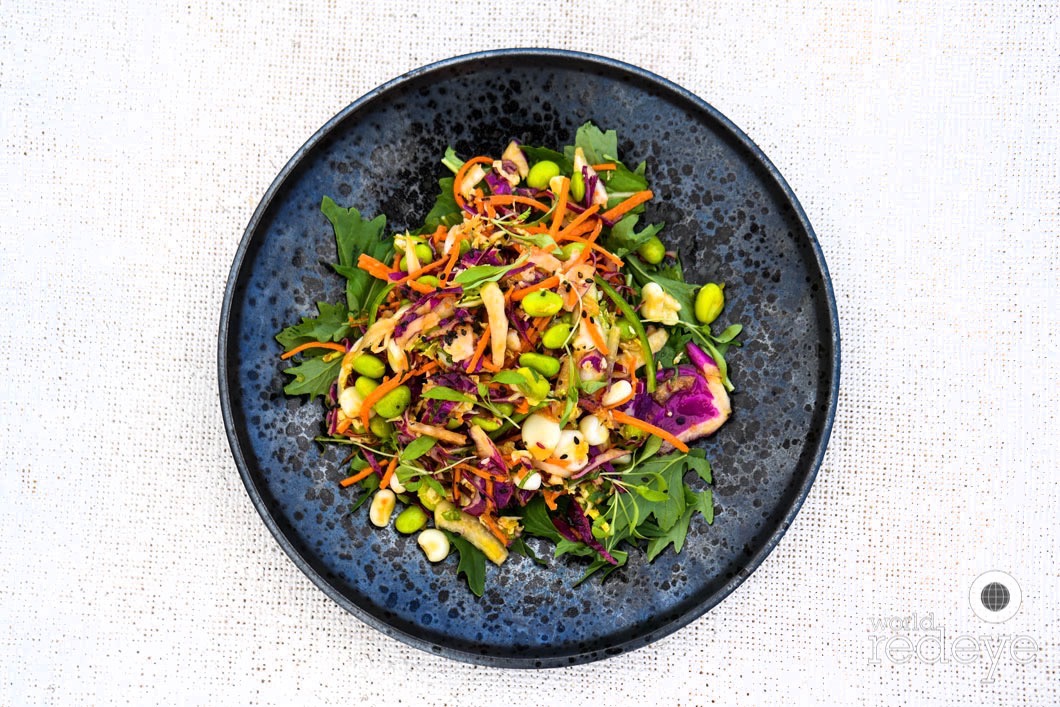
Edamame + Carrot – Purple and Napa Cabbage, Choclo, Scallions, Sesame, Serrano Pepper, Cilantro, & Carrot Cumin Dressing
WRE: How long have you been working with 1 Hotel?
RJ: I started with the 1 Hotel South Beach over 3 years ago, in the pre-opening stage. I remember walking in on my first day, and seeing a critical path 5’’ ft. long. Those are great memories.
WRE: You grew up in South FL; would you say that has an influence on your cooking?
RJ: Yes, definitely. South Florida is a fusion of cultural diversity, and the food is heavily influenced by traditional Hispanic and Caribbean cuisine. I enjoy incorporating tropical fruits and vegetables, as they are a memory of my childhood.
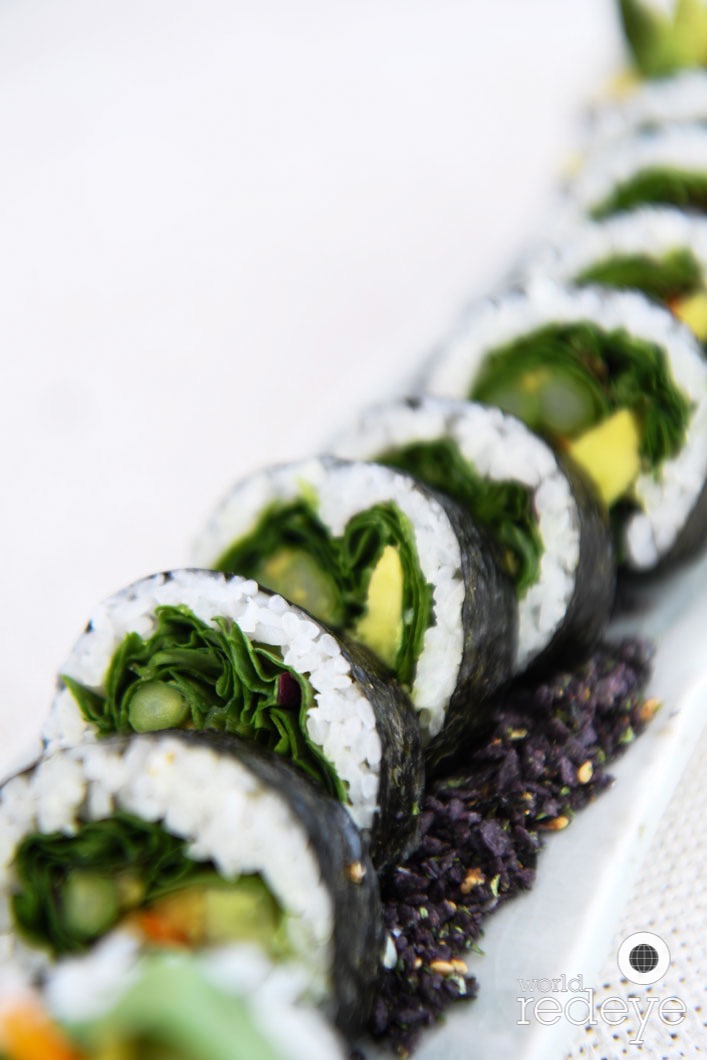
Garden Roll – Organic Baby Romaine, Pickled Carrots, Avocado, Cucumber, & Asparagus
WRE: What is your inspiration behind your menu?
RJ: Both Japan and Peru have shore-centric cuisines, and so it only made sense to apply this concept to Watr. Watr is located 18 stories high with an unobstructive view of the coast line and beaches, instantly bringing to mind seafood heavy fare: it is a perfect combination.
WRE: Do you have a favorite dish on the menu?
RJ: I can’t just choose one dish, they are all special to me, but a must try recommendation is the “Corvina Ceviche”. The “Watr Burger” is also really popular, made with Wagyu beef, and the Shrimp Anticuchos are mouthwatering bites that I enjoy, as well.
WRE: The menu is Japanese-Peruvian fusion. Why do you think those two cuisines work so well together?
RJ: Both cultures have significant culinary foundations and traditions, the merger of the two cultures created an amazing, harmonious new cuisine. The progressive development of techniques, local ingredients, and community is why the two cuisines work very well together.
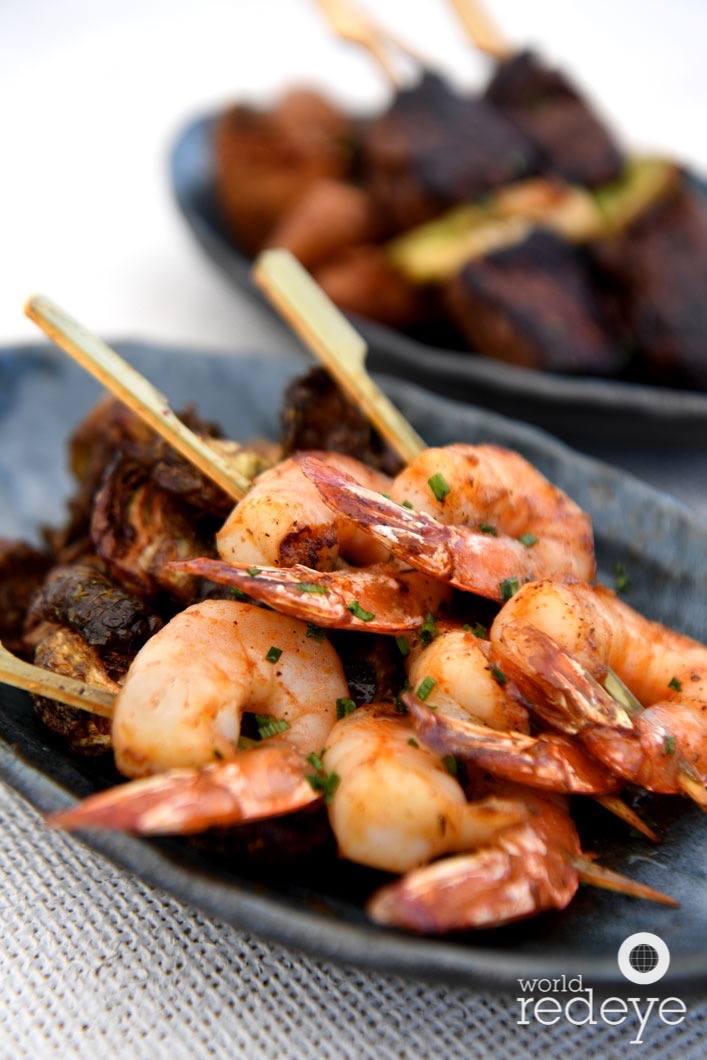
Shrimp Anticuchos – Salted Sherry Honey Brussel Sprouts
The progressive development of Japanese and Peruvian techniques, local ingredients, and community is why the two cuisines work very well together.
Ross Jansen
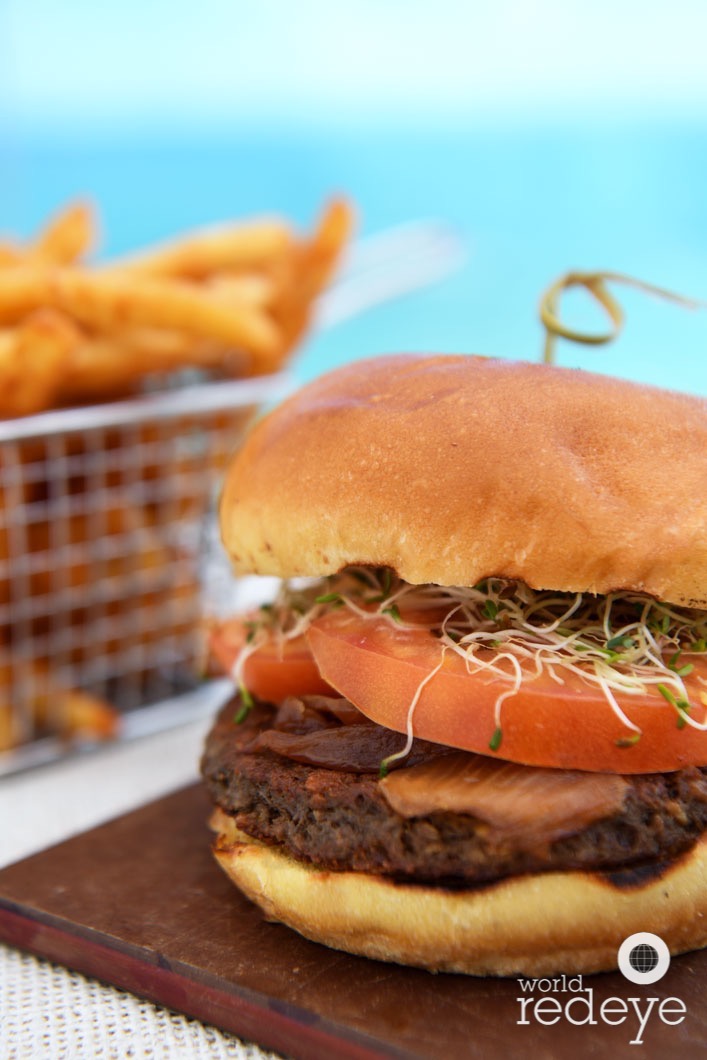
Impossible Burger – Plant-based Patty, Beer Mustard, Tomato, Caramelized Onions, Sprouts, & Fries
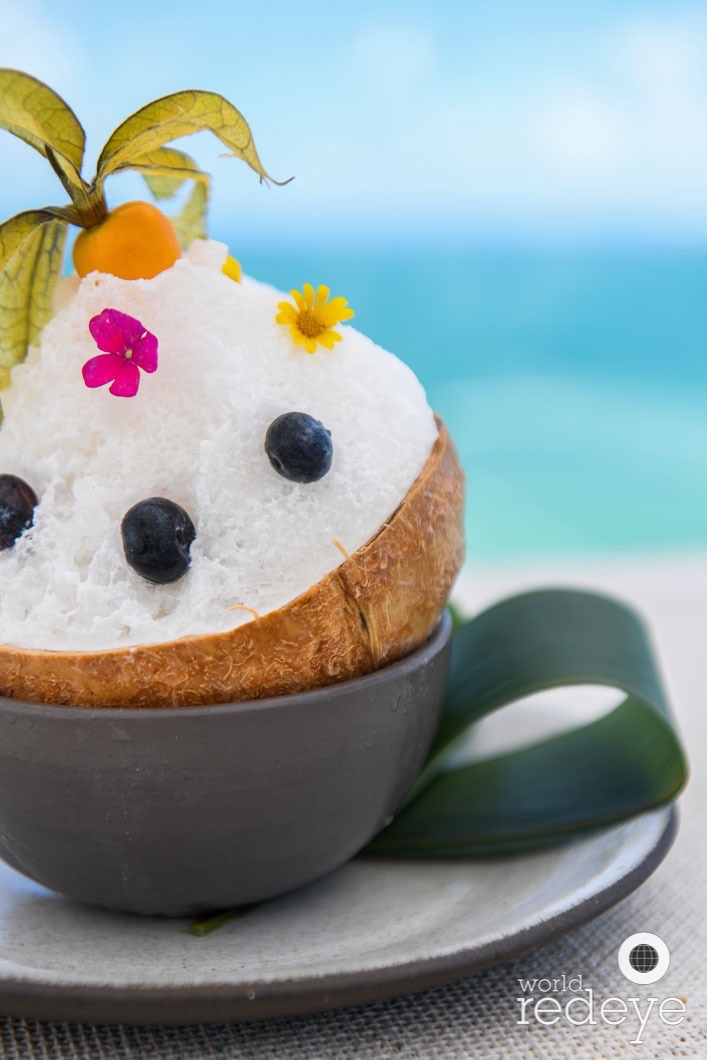
Coconut Piragua – Coconut Shaved Ice
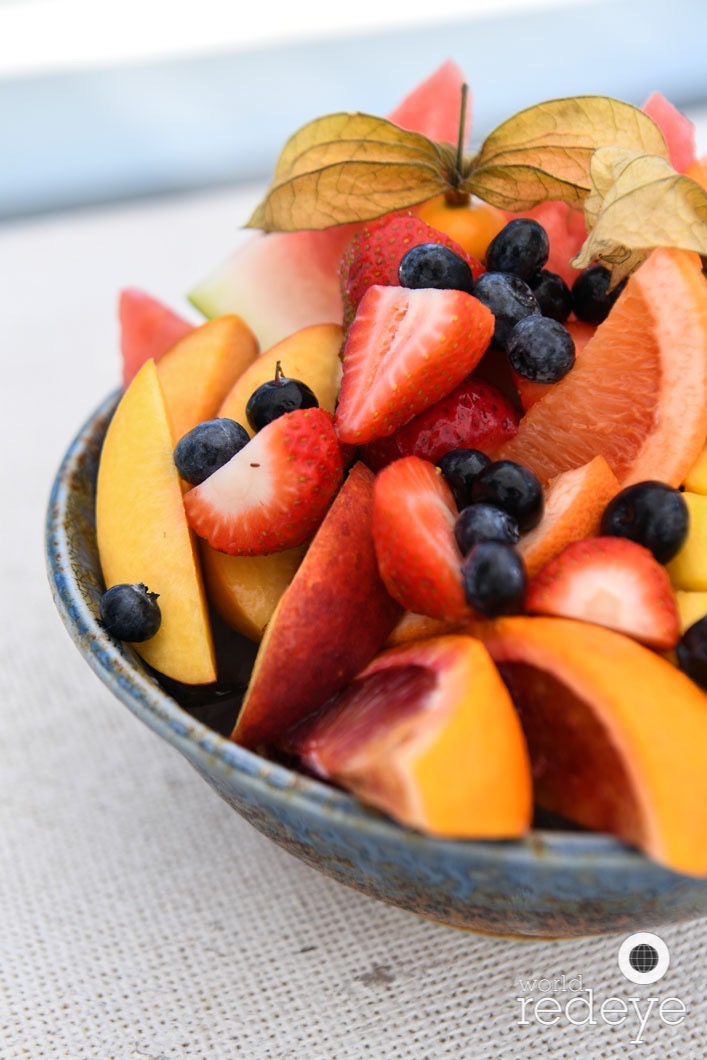
Fruit Bowl
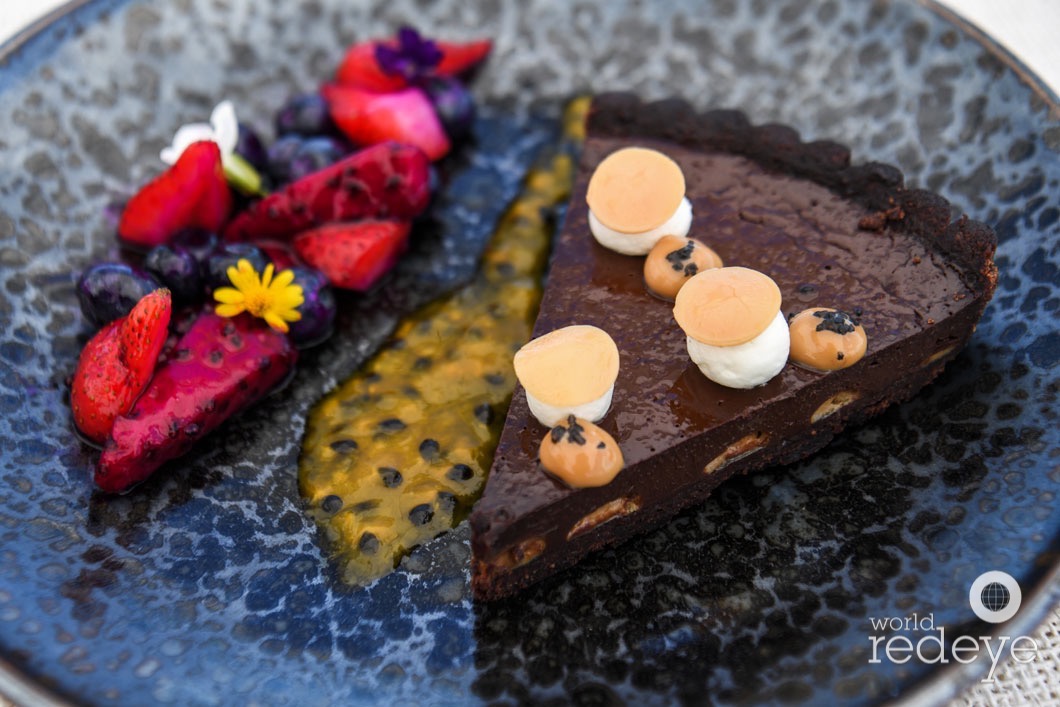
Salted Caramel Chocolate Tart – Mango, Passion Preserve, & Seasonal Fruit









